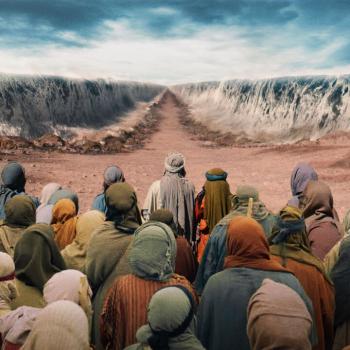In 1897, Cambridge professor Solomon Schechter discovered a trove of medieval documents in a 900-year-old Cairo synagogue. Because of a religious law against destroying texts inscribed with God’s name, this synagogue, like many Jewish communities to this day, had a storage space called a genizah, meaning “hiding place,” to keep damaged or discarded documents before burying them. Unlike most communities, the Jews of Cairo saved not only sacred writings but anything written in Hebrew letters — and they hadn’t cleaned out their genizah in 900 years. When Schechter opened the second-story hatch leading to the 12-by-14-foot space, he looked down into a cloud of dust. Beneath the dust was a well of loose paper more than 20 feet deep.
Schechter, in typical British imperial fashion, paid off the locals and brought about 190,000 of the room’s documents back to Cambridge. Some of these were priceless treasures: first drafts of major philosophical works, personal letters from historic figures, forgotten poetry by world-class talents, unknown versions of biblical texts. But most were sales receipts, love notes, children’s schoolwork, business inventories, medical prescriptions and other fragments of daily life.
“Please don’t spank my child for being late. His homework delayed him,” reads one typical bit of trash.
You could think of the Cairo Genizah, as it came to be called, as an archive. But it is more like a medieval Facebook, crammed with so much mundane junk that one could reconstruct an entire world from it.
Schechter sensed that possibility. Reading through these parchments, he claimed, was like “an act of resurrection in miniature. How the past suddenly rushes in upon you with all its joys and woes! And there is a spark of a human soul like yours come to light again after a disappearance of centuries, crying for sympathy and mercy. . . . You dare not neglect the appeal and slay this soul again.”
Yet that is exactly what Schechter did. After spending five years sifting out the genizah’s most obvious treasures, he felt he was drowning. “I cannot overcome a sad feeling stealing over me,” he wrote, “that I shall hardly be worthy to see all the results. . . . The work is not for one man and not for one generation. It will occupy many a specialist, and much longer than a lifetime.”
When Schechter abandoned Cambridge to become president of the Jewish Theological Seminary in New York, most of the documents he left behind were neglected for the next half-century, some even stored in crates marked “Rubbish.” The collection wasn’t completely catalogued for more than 70 years.
The Jews of medieval Cairo had an excuse for saving everything: They regarded their language as infused with holiness. The NSA has its excuses, too, whether or not we accept them. But what’s our excuse? Beyond narcissism, do we have a reason for Instagramming every instant of our lives? What is it about data-dumping that we find so compelling and necessary?















